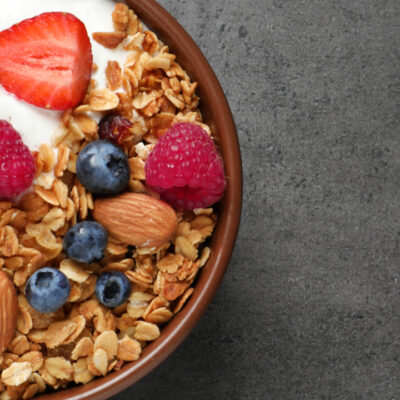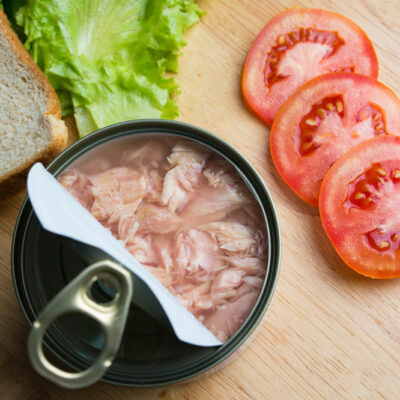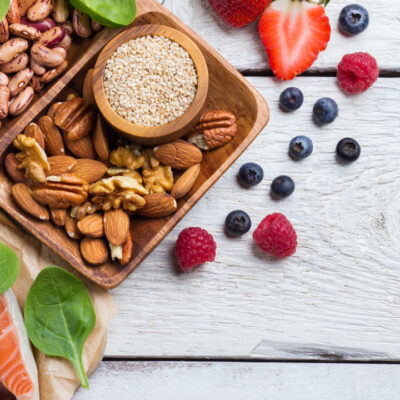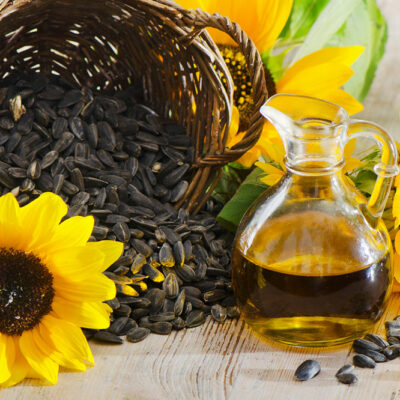
Food
Foods That Help Manage Bipolar Depression
People experiencing bipolar depression are often recommended therapy and a range of medications to manage their mood lines. These methods are helpful in long run. But alongside them, one can also aid their recovery by making changes to their diet. To do that, you need to know about certain foods to include in the diet for bipolar depression. Let’s take a look at them here. Avocado Whatever you eat can have a good or bad effect on your physical and mental state. You just need to recognize which food item leads to what result. Avocado is one such superfood that you can include in your diet to treat symptoms of bipolar disorder. Tryptophan, folate, and omega 3 present in avocados are known for retaining serotonin receptors in brain which further boosts the mood. Whole grains These are some of the important foods to include in diet for bipolar depression as they are good for heart, stomach and mind. Whole grains are rich in carbohydrates that helps your brain in the production of serotonin. Brown rice, quinoa, oatmeal, whole grain bread and pasta are some good examples. Omega-3 fatty acids Eicosapentaenoic acid (EPA) and docosahexaenoic acid (DHA) are the major omega-3 fatty acids that play a vital role in retaining good health of your brain.
Read More 







